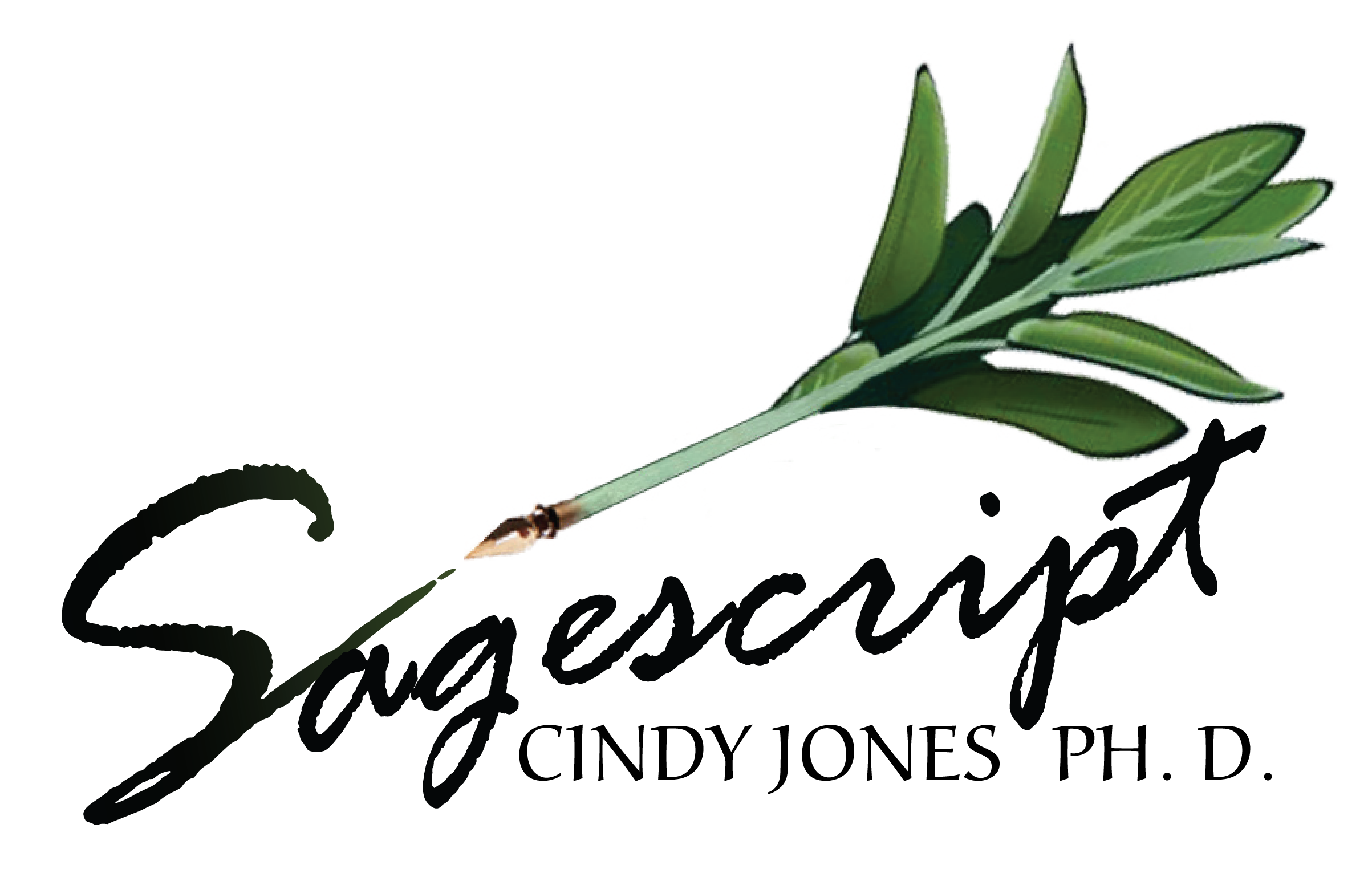Antiaging ingredients are hot in skin care right now and there are many to be found. Lets go over vitamin C now.
Vitamin C, also called ascorbic acid, is essential for healthy skin and necessary for the synthesis of collagen in the skin. Collagen is a fibrous protein that not only makes up a good portion of the dermis of the skin but also the bones. Scurvy, a rare disease now, occurs with vitamin C deficiencies. Because vitamin C is part of the skin’s dermis a deficiency can also show up as increased bruising.
Ascorbic acid is a cofactor for the enzyme prolyl hydroxylase and lysyl hydroxylase. These enzymes are used to add a hydroxyl group (OH) to the amino acids proline and lysine which are found in collagen in high amounts. Once hydroxylated, these amino acids in collagen function to stabilize the three dimensional structure of collagen by cross linking its peptide strands. This is needed to form its fibril structure which is very strong and so gives tissues their strength.
Most plants and animals are able to make their own vitamin C from glucose but not humans. So ingestion of vitamin C is of utmost importance, but topical use is also good. The trouble is that ascorbic acid is not very stable; upon exposure to air it oxidizes rapidly to become not only ineffective but also potentially dangerous. Because of this there have been attempts to alter the molecule somewhat to make it more stable for cosmetic use. Some of these vitamin C derivatives include:
1. Ascorbyl palmitate. This is also referred to as vitamin C ester as it is an ester formed from ascorbic acid and the fatty acid palmitate. This also makes it fat soluble – a useful thing for many cosmetic formulations.
2. Magnesium ascorbyl phosphate and sodium ascorbyl phosphate. These are both water soluble forms of ascorbic acid that are very similar to vitamin C.
Besides using vitamin C to boost collagen production in skin, several synthetic peptides have recently come to market that have the ability to affect transcription of the collagen gene and stimulate collagen production. But we’ll talk about those another time.
Foods and herbs high in vitamin C include of course citrus, but also rosehips, parsley, strawberry and elderberry. Any of these could be used to do a fresh facial for the skin. But if you formulate a cosmetic product you will want to use one of the more stable forms of vitamin C. A fruit mask is also good because of the alpha hydroxy acid content and this is the time of year to enjoy masks.
Strawberry Yogurt Face Mask
2-4 tablespoons full fat yogurt
2-3 fresh strawberries
Mash together or put in a small blender until pureed. Apply to face and relax for 5-10 minutes then wash off. Your face should feel great afterward.

